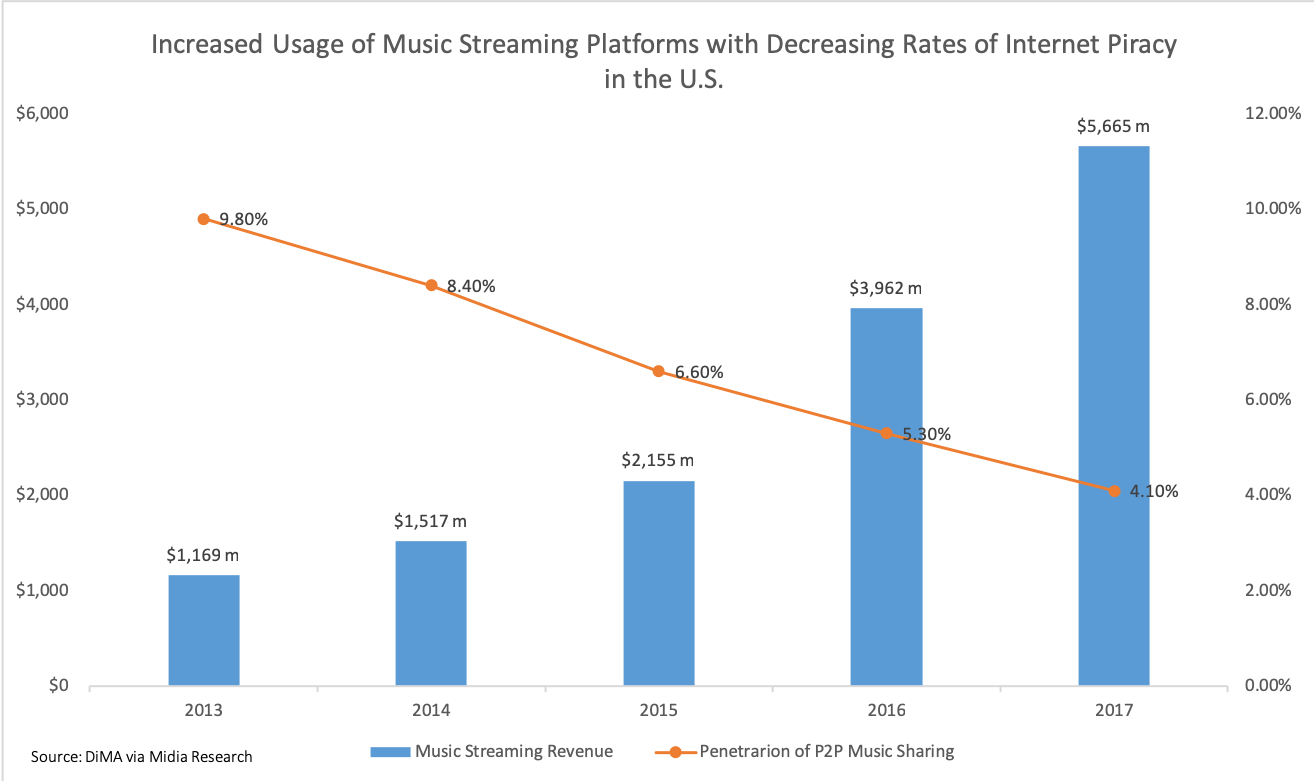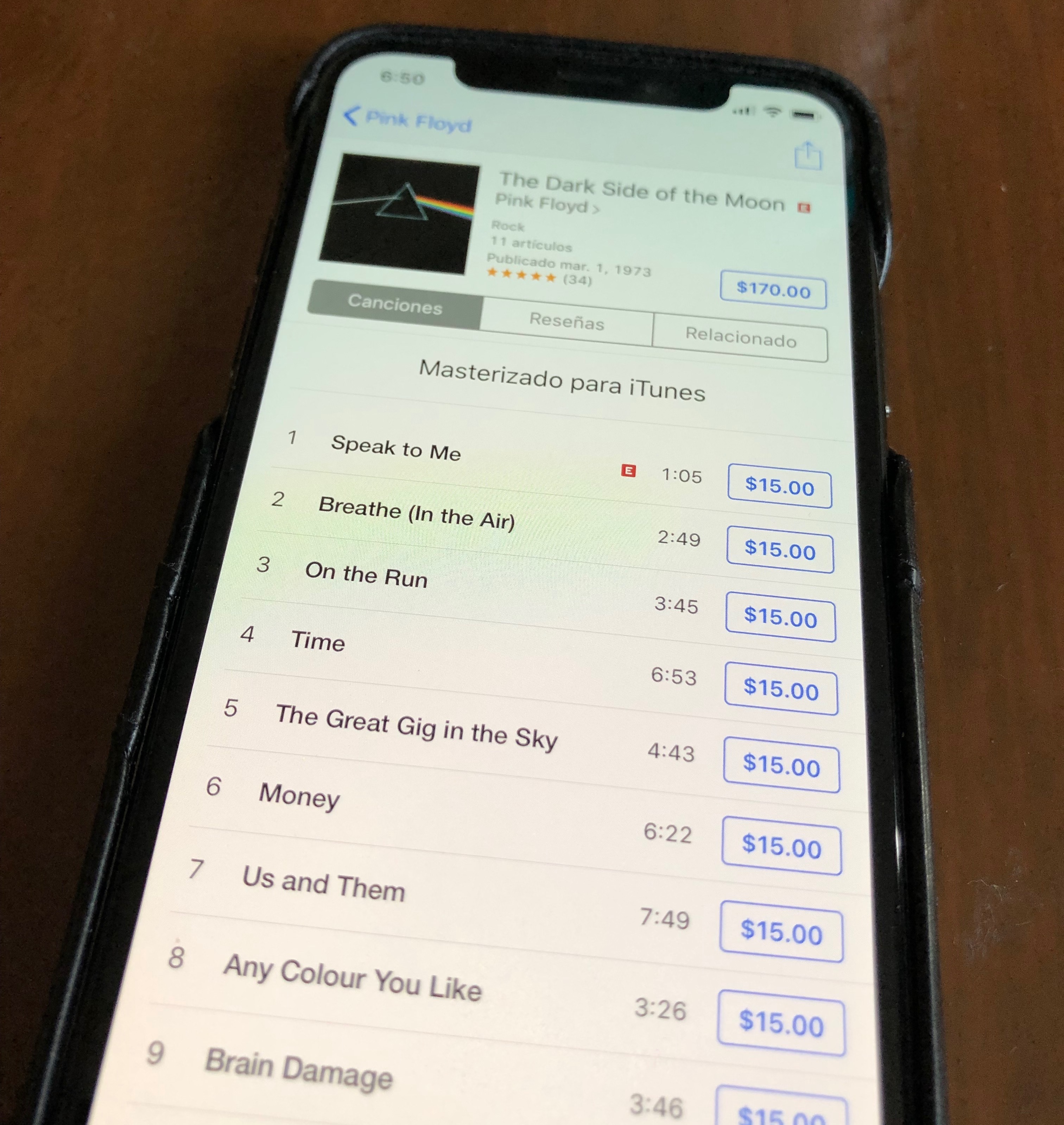|
Kessoku Band (album)
is the debut studio album by Kessoku Band, a fictional musical group from the anime television series ''Bocchi the Rock!''. It was released digitally by Aniplex on December 25, 2022, and physically on CD on December 28. Featuring vocals from voice actresses Yoshino Aoyama, Sayumi Suzushiro, Saku Mizuno, and Ikumi Hasegawa, the album consists of songs featured in the anime series, including a cover version of Asian Kung-Fu Generation's " Rockn' Roll, Morning Light Falls on You", as well as newly recorded material; nine singles preceded the album's physical release. ''Kessoku Band'' received positive reviews for its composition and vocal performances. Commercially, it peaked at number one on the ''Billboard Japan'' Hot Albums Chart and Oricon Albums Chart and was certified gold by the Recording Industry Association of Japan. Background and release Kessoku Band is a fictional musical group in the manga series ''Bocchi the Rock!''. In the anime adaptation of the manga, Yoshino Aoyama ... [...More Info...] [...Related Items...] OR: [Wikipedia] [Google] [Baidu] |
Kessoku Band
is a Japanese four-panel manga series written and illustrated by Aki Hamaji. It has been serialized in Houbunsha's ''seinen'' manga magazine ''Manga Time Kirara Max'' since December 2017. Its chapters have been collected in five ''tankōbon'' volumes as of November 2022. An anime television series adaptation produced by CloverWorks aired from October to December 2022. Plot Extremely anxious and socially awkward Hitori Gotō longs to become a rock musician in spite of her struggles, whilst fulfilling her desires to one day make friends. She is even given a chance to do so after she is taken in by Nijika Ijichi to become a member of the newly formed Kessoku Band. Characters Kessoku Band is the center band in the series, based in STARRY, a live house in Shimokitazawa. The members' family names are derived from the real-life J-Rock band Asian Kung-Fu Generation, with their instrumental roles matching as well (for example, the Yamada of both bands play bass). ; / : :The ... [...More Info...] [...Related Items...] OR: [Wikipedia] [Google] [Baidu] |
Oricon Albums Chart
The Oricon Albums Chart is the Japanese music industry standard albums popularity chart issued daily, weekly, monthly and yearly by Oricon. Oricon originally published LP, CT, Cartridge and CD charts prior to the establishment of the Oricon Albums Chart on October 5, 1987. The Oricon Albums Chart's rankings are based on physical albums' sales. Oricon did not include download sales until its establishment of the Digital Albums Chart on November 19, 2016. In November 2018, Oricon began to include streaming in its album rankings, introducing a combined album chart based on album-equivalent units. Charts are published every Tuesday in Oricon Style and on Oricon's official website. Every Monday, Oricon receives data from outlets, but data on merchandise sold through certain channels does not make it into the charts. For example, the debut single of NEWS, a pop group, was released only through 7-Eleven stores, which are not covered by Oricon, and its sales were not reflected in the Or ... [...More Info...] [...Related Items...] OR: [Wikipedia] [Google] [Baidu] |
LP Record
The LP (from "long playing" or "long play") is an analog sound storage medium, a phonograph record format characterized by: a speed of rpm; a 12- or 10-inch (30- or 25-cm) diameter; use of the "microgroove" groove specification; and a vinyl (a copolymer of vinyl chloride acetate) composition disk. Introduced by Columbia in 1948, it was soon adopted as a new standard by the entire record industry. Apart from a few relatively minor refinements and the important later addition of stereophonic sound, it remained the standard format for record albums (during a period in popular music known as the album era) until its gradual replacement from the 1980s to the early 2000s, first by cassettes, then by compact discs, and finally by digital music distribution. Beginning in the late 2000s, the LP has experienced a resurgence in popularity. Format advantages At the time the LP was introduced, nearly all phonograph records for home use were made of an abrasive shellac compound ... [...More Info...] [...Related Items...] OR: [Wikipedia] [Google] [Baidu] |
Blu-ray
The Blu-ray Disc (BD), often known simply as Blu-ray, is a digital optical disc data storage format. It was invented and developed in 2005 and released on June 20, 2006 worldwide. It is designed to supersede the DVD format, and capable of storing several hours of high-definition video (HDTV 720p and 1080p). The main application of Blu-ray is as a medium for video material such as feature films and for the physical distribution of video games for the PlayStation 3, PlayStation 4, PlayStation 5, Xbox One, and Xbox Series X. The name "Blu-ray" refers to the blue laser (which is actually a violet laser) used to read the disc, which allows information to be stored at a greater density than is possible with the longer-wavelength red laser used for DVDs. The polycarbonate disc is in diameter and thick, the same size as DVDs and CDs. Conventional or pre-BD-XL Blu-ray Discs contain 25 GB per layer, with dual-layer discs (50 GB) being the industry standard for feature-l ... [...More Info...] [...Related Items...] OR: [Wikipedia] [Google] [Baidu] |
Streaming Media
Streaming media is multimedia that is delivered and consumed in a continuous manner from a source, with little or no intermediate storage in network elements. ''Streaming'' refers to the delivery method of content, rather than the content itself. Distinguishing delivery method from the media applies specifically to telecommunications networks, as most of the traditional media delivery systems are either inherently ''streaming'' (e.g. radio, television) or inherently ''non-streaming'' (e.g. books, videotape, audio CDs). There are challenges with streaming content on the Internet. For example, users whose Internet connection lacks sufficient bandwidth may experience stops, lags, or poor buffering of the content, and users lacking compatible hardware or software systems may be unable to stream certain content. With the use of buffering of the content for just a few seconds in advance of playback, the quality can be much improved. Livestreaming is the real-time delivery of co ... [...More Info...] [...Related Items...] OR: [Wikipedia] [Google] [Baidu] |
Music Download
A music download (commonly referred to as a digital download) is the digital transfer of music via the Internet into a device capable of decoding and playing it, such as a personal computer, portable media player, MP3 player or smartphone. This term encompasses both legal downloads and downloads of copyrighted material without permission or legal payment. According to a Nielsen report, downloadable music accounted for 55.9 percent of all music sales in the US in 2012."All music sales" refers to albums plus track equivalent albums. A track equivalent album equates to 10 tracks. By the beginning of 2011, Apple's iTunes Store alone made 1.1 billion of revenue in the first quarter of its fiscal year. Music downloads are typically encoded with modified discrete cosine transform (MDCT) audio data compression, particularly the Advanced Audio Coding (AAC) format used by iTunes as well as the MP3 audio coding format. Online music store Paid downloads are sometimes encoded with d ... [...More Info...] [...Related Items...] OR: [Wikipedia] [Google] [Baidu] |
Genie High
Genie High (ジェニーハイ) is a Japanese progressive indie band, notably fronted by Enon Kawatani (川谷 健太) of Gesu no Kiwami Otome (ゲスの極み乙女) and Ikkyu Nakajima (中嶋 イッキュウ) of Tricot (トリコ). The band includes members with various backgrounds in the Japanese entertainment scene, including controversial composer Takashi Niigaki (新垣 隆), comedian TV host Kazutoyo Koyabu (小籔 千豊) and TV personality / comedic actor Kunihiro Kawashima (川島 邦裕) also known as (くっきー!). Biography The band was formed after Nakajima, Niigaki, and Kukki appeared regularly on the talk-show ''Bazooka!!!'', hosted by Koyabu. The show was run as an experiment aimed at garnering attention from the press. Spelt out in katakana is a Japanese syllabary, one component of the Japanese writing system along with hiragana, kanji and in some cases the Latin script (known as rōmaji). The word ''katakana'' means "fragmentary kana", as the kat ... [...More Info...] [...Related Items...] OR: [Wikipedia] [Google] [Baidu] |
Tricot (band)
is a Japanese rock band from Kyoto. The band was formed in 2010 by vocalist and guitarist Ikumi "Ikkyu" Nakajima, guitarist Motoko "Motifour" Kida and bassist Hiromi "Hirohiro" Sagane. Known for their intricate rhythms and visual identity, they have released seven full-length studio albums. Their musical style has been described by ''Rolling Stone'' as "adrenalized math rock sped up and given pop's candy coating". History Tricot was formed in Kyoto in 2010 by vocalist and guitarist Ikumi "Ikkyu" Nakajima, guitarist Motoko "Motifour" Kida and bassist Hiromi "Hirohiro" Sagane. Sagane is a native of the city, while Nakajima and Kida are from neighboring Shiga Prefecture. Prior to forming Tricot, the three musicians played in various local bands in the Kyoto area, where they became acquainted with one another. Kazutaka Komaki joined the band as drummer in May 2011. Shortly after, Tricot established their own label, Bakuretsu Records. On October 2, 2013, the band released their first ... [...More Info...] [...Related Items...] OR: [Wikipedia] [Google] [Baidu] |
Osamu Hidai
was a four-member Japanese band. They were signed onto Sony Music Japan's Epic Records Japan record label prior to their breakup in June 2012. The lyrics of each of the band's songs were written by lead vocalist and guitarist Yumi Uchimura. Band history The band was formed in October 2004 by Uchimura, while their first live performance took place in December of the same year. In 2007, their debut album, ''school food is good food'', was released. In 2008, both of their songs, "feedback" and "Futari Umi no Soko" were featured as theme songs to the Japanese television drama '' Joshidaisei Kaikeishi no Jikenbo'', while their mini-album "Riff-rain" was released by Tower Records and sold out in under a week. They also performed in numerous live concerts, including FM802, part of the Minami Wheel 2008 live event, and the J-Wave Live event, part of the Tokyo Real Eyes Live Supernova. In 2009, they signed onto their first major record label, Sony Music Japan's Epic Records Japan division ... [...More Info...] [...Related Items...] OR: [Wikipedia] [Google] [Baidu] |


